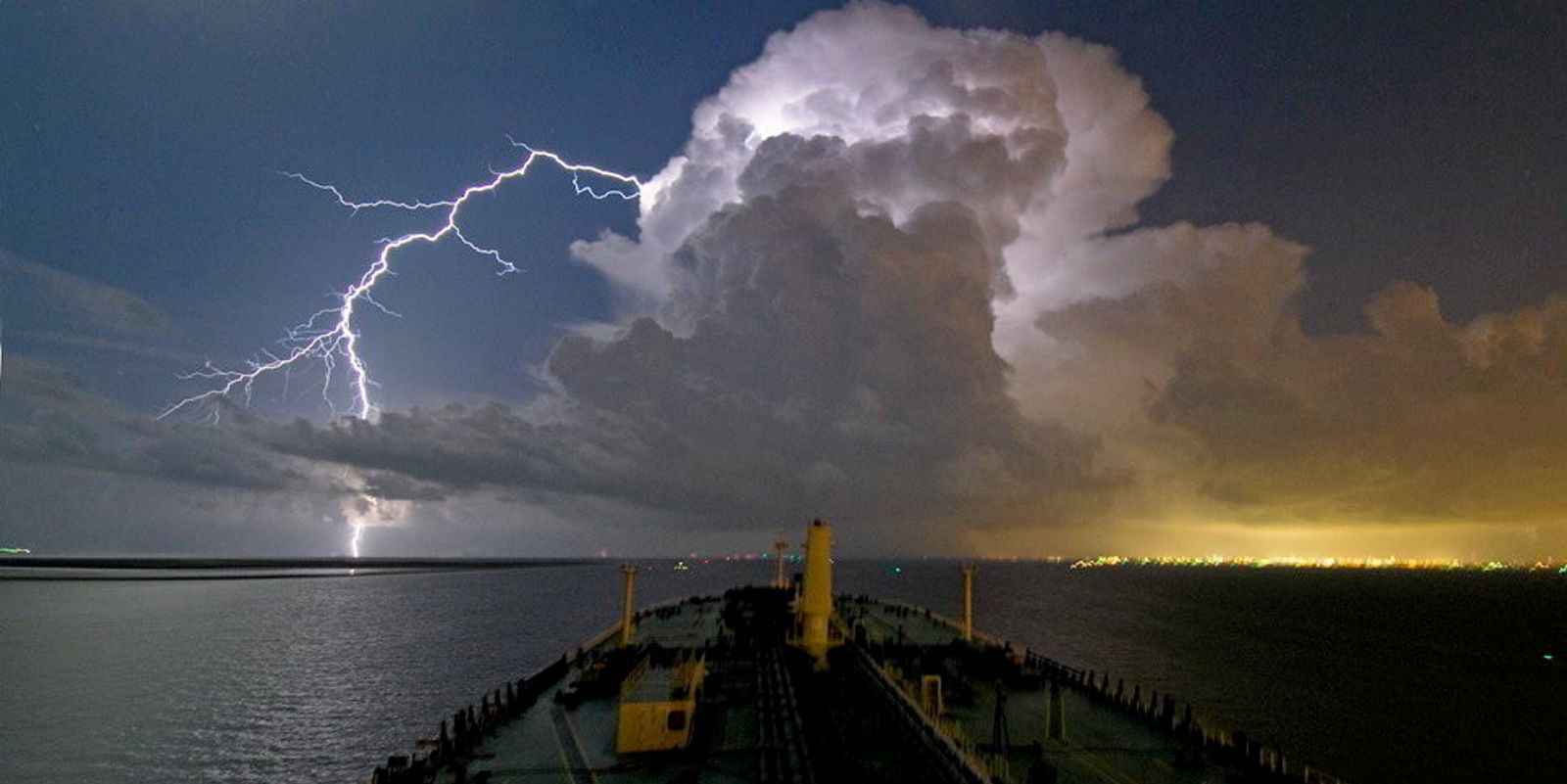The European Union is lurching towards an agreement on a Russian oil price cap as questions linger on how shipping is to deal with the particulars.
The block has reportedly asked its 27 members to approve a $60-per-barrel limit. Diplomats said Poland could be a potential roadblock, as it has pushed for the cap to be as low as possible, according to Reuters.
The news wire reported that Warsaw had until 4pm local time (15.00 GMT) to agree.
It is not known whether it has assented.
The G7 advanced economies and Australia hope to implement the cap by 5 December, the same day EU sanctions will block most seaborne Russian oil imports.
The group has been working out the details of the price cap for weeks, in an attempt to keep oil prices from skyrocketing while depriving Moscow of profits it could use to wage war in Ukraine.
With most maritime services, such as insurance, provided companies based inside the coalition, the intention is to block cover for shipments that do not abide by the cap.
US officials have said shipowners are far enough removed from the buying and selling of oil that they will typically only have to collect attestations that the cargo was bought and sold within the cap and write cap compliance into their policies.
Other than that, shipping companies have been encouraged to look out for so-called deceptive practices, such as disabling AIS and flag-hopping, to spot non-compliant cargoes.
On Thursday, maritime analytics outfit Windward said there are still significant questions about how shipping would have to navigate the cap.

It said its system caught an unidentified Cameroon-flag, Seychelles-owned ship with no apparent Russian ties manipulating its global navigation and satellite system (GNSS) data in the south Atlantic Ocean off Namibia after having stopped near Cape Verde.
The Israeli firm said the waters near Cape Verde are a hub for ship-to-ship transfers of illicit cargoes and the stop further south could be indicative of another hub being established there.
The ship then continued on around the Cape of Good Hope and through the Strait of Malacca to Asia, Windward said.
“While this vessel was cleared for business up until its GNSS manipulation in July, and is not Russian-affiliated, it is more than reasonable to assume that it is carrying smuggled Russian oil [at the time of publication],” it said.
“Stakeholders providing services to this vessel after December 5 might not even ask for a price attestation, as there is no affiliation to Russia. This potentially exposes them to both financial and reputational risk.”
Read more
- VLCCs the winners from tough price cap stance
- European sanctions strike set to spur tectonic change for tankers
- Evangelos Marinakis inks LR2 tanker duo in China as Greeks open talks with yards
- Bimco: Price cap impact ‘impossible’ to gauge in tanker markets
- West will ‘struggle to enforce oil price cap breaches’





